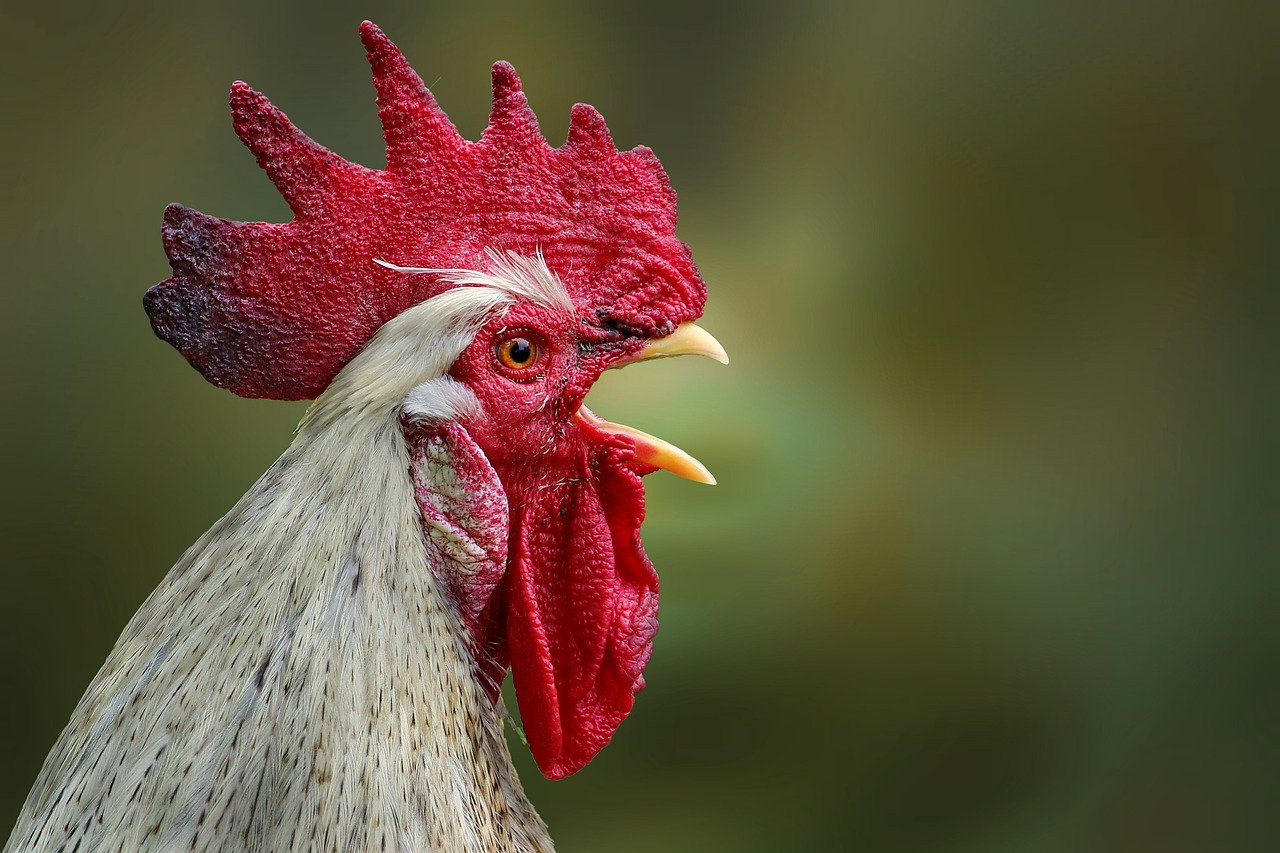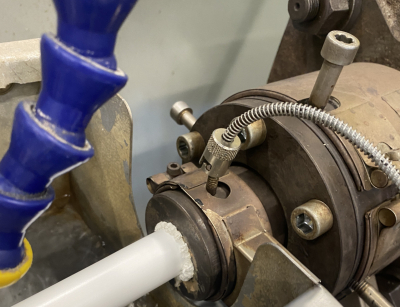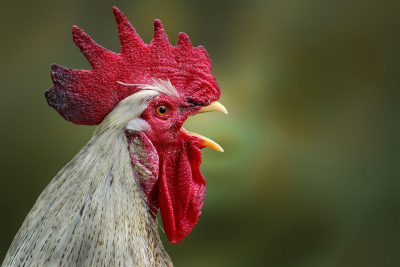Importance of Biosecurity
Biosecurity is the first line of defense against disease. It involves measures designed to prevent the introduction and spread of pathogens within the flock. Effective biosecurity practices include controlling access to the chicken coop, disinfecting equipment and footwear before entering, and isolating new or sick birds from the rest of the flock. By limiting exposure to potential disease carriers, farmers can protect their chickens from common infections such as avian influenza, Newcastle disease, and Marek's disease.
Explore the benefits of BioPoint - https://biopoint.eu/products/poultry/’s animal care products.
Vaccination Programs
Vaccination is a critical component of preventative health in poultry. Vaccines stimulate the bird's immune system to develop resistance against specific diseases, reducing the likelihood of outbreaks. Common vaccinations include those for Marek's disease, infectious bronchitis, and coccidiosis. A well-planned vaccination schedule, tailored to the specific needs of the flock, can greatly enhance the overall health and immunity of chickens.
Nutritional Support
Proper nutrition is vital for maintaining a strong immune system in chickens. A balanced diet that includes essential vitamins, minerals, and proteins helps chickens resist infections and recover quickly if they do become ill. Specific nutrients, such as vitamin A for respiratory health, vitamin E for immune function, and probiotics for gut health, play important roles in keeping chickens healthy. Providing clean, fresh water at all times is also essential, as dehydration can weaken the immune system and make chickens more susceptible to disease.
Environmental Management
The environment in which chickens live has a significant impact on their health. A clean, well-ventilated coop with adequate space reduces stress and the spread of disease. Regular cleaning of the coop, proper waste disposal, and ensuring that chickens are not exposed to wet or dirty bedding can prevent the growth of harmful bacteria and parasites. Additionally, maintaining a stable environment with consistent temperature and humidity levels helps reduce stress, which is a major factor in disease susceptibility.
Stress Reduction Strategies
Stress is a major contributor to disease in poultry, as it can weaken the immune system and make chickens more vulnerable to infections. To reduce stress, provide ample space for each bird, minimize handling, and avoid sudden changes in the environment. Environmental enrichment, such as perches, dust baths, and opportunities for natural behaviors, can also help reduce stress. During periods of high stress, such as molting or extreme weather conditions, consider supplementing the diet with vitamins and electrolytes to support the chickens' health.
Regular Health Monitoring
Regular health checks are crucial for early detection of potential issues before they become serious problems. Observe your chickens daily for signs of illness, such as changes in behavior, reduced appetite, or abnormal droppings. Pay attention to any respiratory symptoms like coughing or sneezing, as these can be early indicators of disease. If you notice any abnormalities, take action quickly by isolating affected birds and consulting a veterinarian for diagnosis and treatment.
Natural Remedies as Preventative Measures
In addition to traditional preventative measures, natural remedies can play a role in maintaining a disease-free flock. Herbs like oregano, garlic, and thyme have natural antimicrobial properties and can be added to feed or water to boost the immune system. Apple cider vinegar is another popular natural remedy that supports digestive health and helps maintain a balanced gut flora, which is important for overall immunity.








